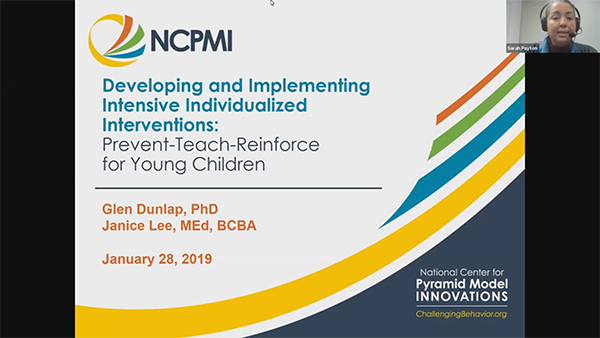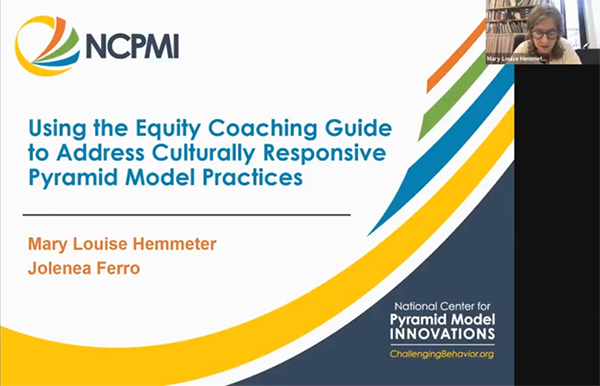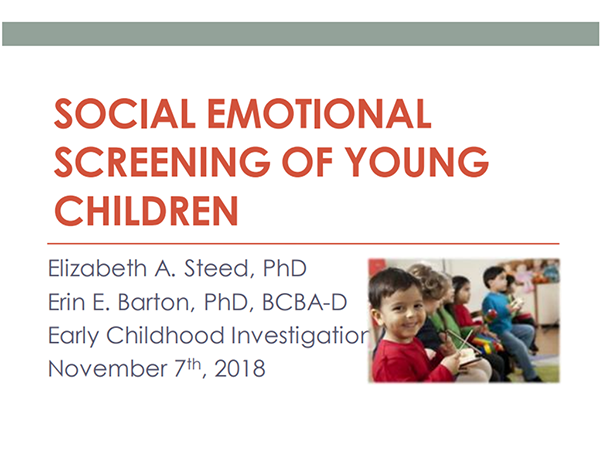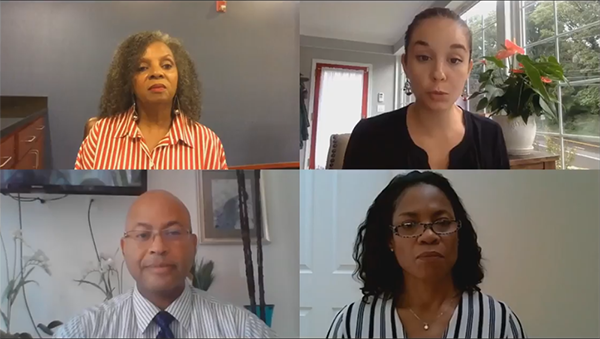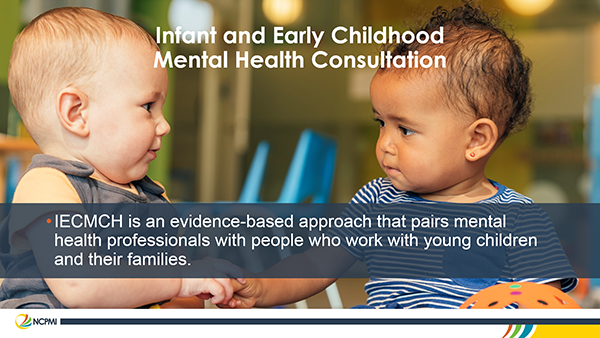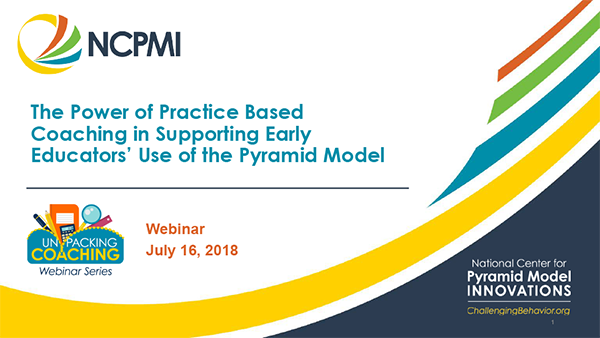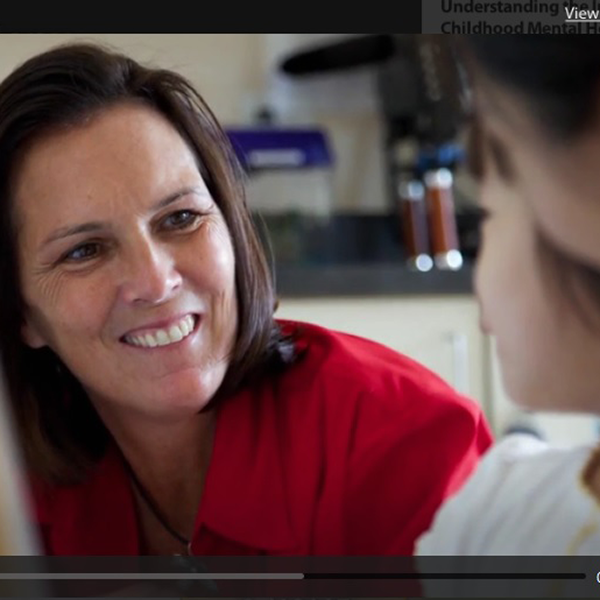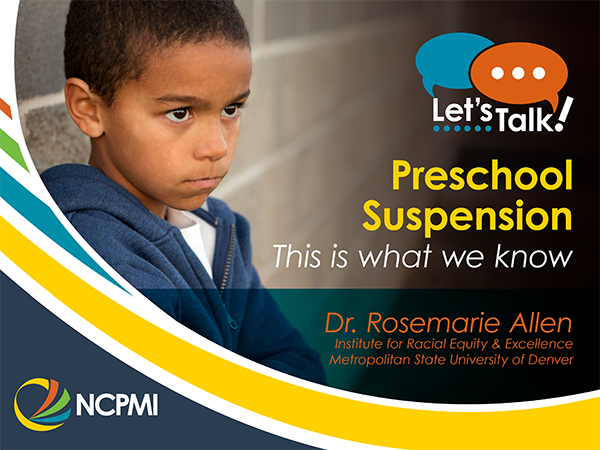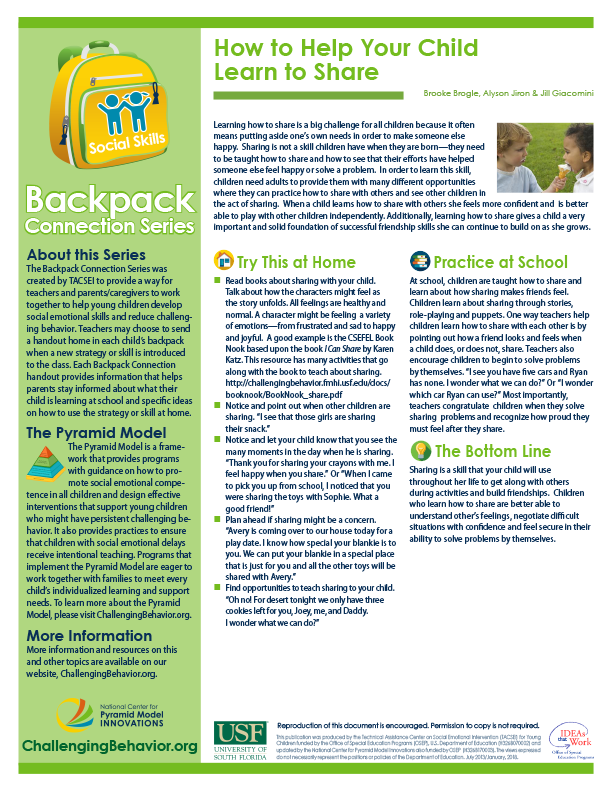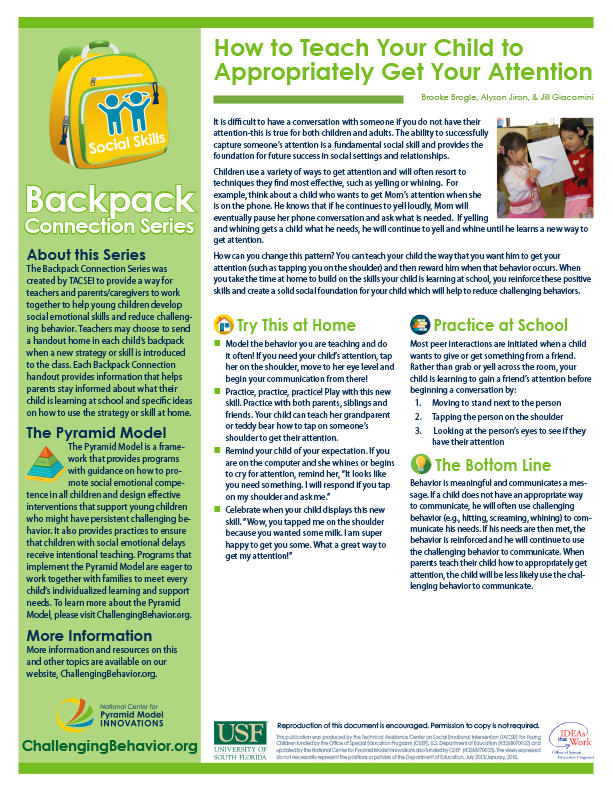Developing and Implementing Intensive Individualized Interventions: Prevent-Teach-Reinforce for Young Children
This webinar provides an introduction to Prevent-Teach-Reinforce for Young Children (PTR-YC). PTR-YC is an evidence-based model that classroom teams can use to resolve patterns of serious challenging behavior. PTR-YC is a user-friendly model of positive behavior support that is intended to help young children whose challenging behaviors are compromising their social, emotional and intellectual development. The webinar offers a description of the background and procedures of PTR-YC along with a case study to illustrate the PTR-YC process.

